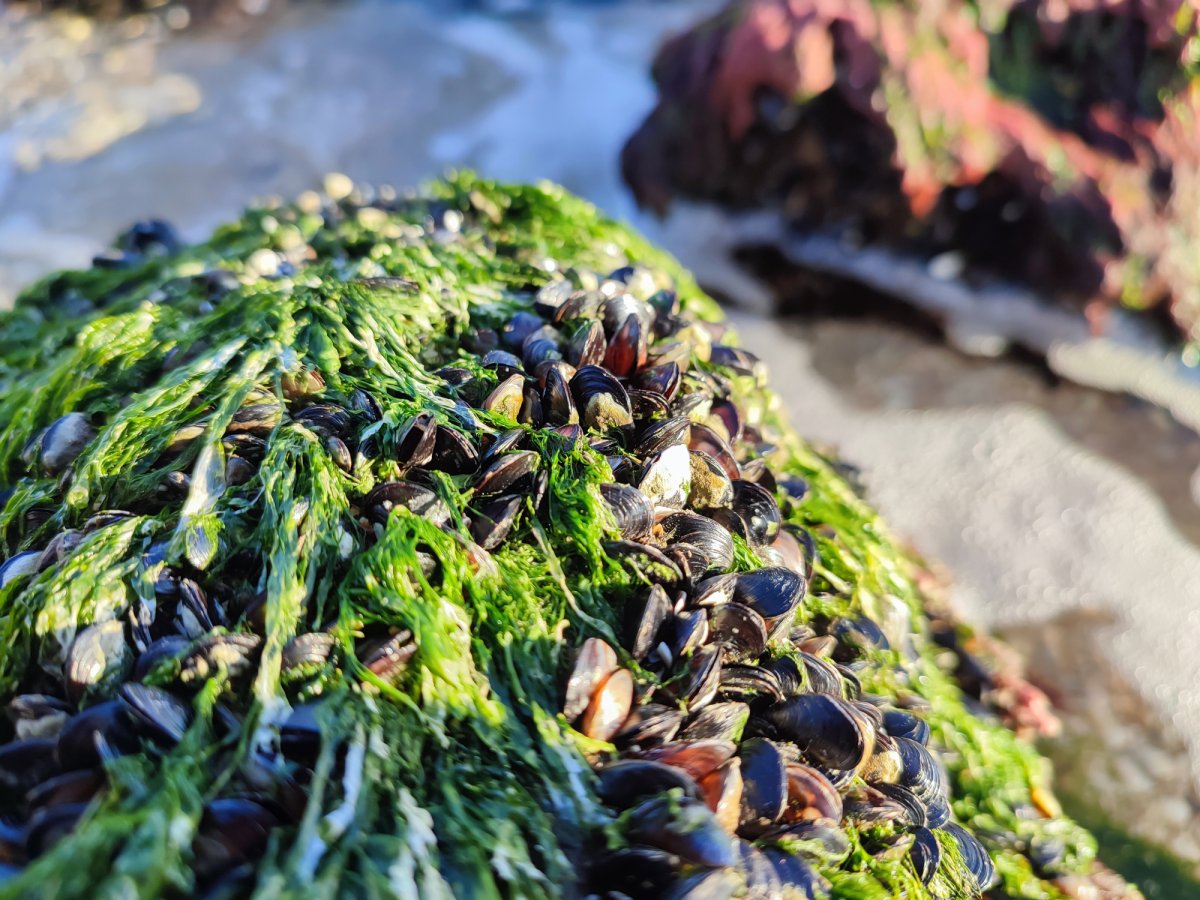As tensions continue to increase across Europe and the Middle East, talk of World War III is becoming increasingly prevalent across the globe.
Concerns of a nuclear "Armageddon" followed by global food shortages have left many searching for more resilient food supplies. And one potential solution may be hiding under the sea.
While the immediate impact of nuclear war, an asteroid or a large volcanic eruption are indisputably devastating, the after effects can continue to cause widespread damage long after the initial impact. In the case of nuclear war, large-scale explosions send huge amounts of ash into the atmosphere, obscuring the sun and causing what is known as nuclear winter. Without as much sunlight, many crops will die, threatening food supplies worldwide.

But some foods may be more resilient than others. Seaweed is a rich source of nutrients, fiber, proteins and healthy fats. Seaweed can grow quickly in a wide range of environments and, according to research from the Alliance to Feed the Earth in Disasters, Louisiana State University, the University of the Philippines Marine Science Institute and the University of Canterbury, it could also be resilient enough to survive and thrive in tropical oceans even after a full-blown nuclear war.
In a recent study, published in the journal Earth's Future, the team constructed a growth model based on a species of seaweed called Gracilaria tikvahiae, or more commonly known as graceful redweed. Using this model along with available climate predictions, the team were able to simulate how seaweed's growth might change after an adverse global event like nuclear war.
The team found that, even with black carbon in the atmosphere, these aquatic plants could still get enough sunlight to photosynthesize. Based on their models, seaweed growth could be scaled up to provide up to 45 percent of the world's food supply in just nine to 14 months. The authors state that the growth of seaweed may actually increase after nuclear war as more nutrients become available in the ocean.
There is, of course, a chance that the seaweed may absorb toxic substances from their surroundings. But the researchers say that these compounds could be reduced to safe levels through post-harvest processing and cooking. "For example, post-harvest processing and pre-consumption preparation, like washing and drying, enzymatic reaction, and blanching or cooking, among others, have been found to significantly reduce iodine and heavy metals concentration in seaweeds," Michael Roleda, a professor at the University of the Philippines Marine Science Institute and co-author of the study, told SciDev.Net.
The main challenge, the authors say, would be building new seaweed farms fast enough to meet demand.
"Investing in the construction of seaweed farms could prevent global famine in abrupt sunlight reduction scenarios, potentially averting a significant number of deaths from starvation," David Denkenberger, associate professor of mechanical engineering at the University of Canterbury, in the U.K., said.
Even in the absence of global catastrophe, seaweed offers a sustainable, resilient food source in the face of climate change, absorbing more carbon than trees and avoiding habitat disruption on land.
"Seaweed farming at a much larger scale than today could combat climate change, while also making the food system much more resilient in abrupt sunlight reduction scenarios," the authors write.
Uncommon Knowledge
Newsweek is committed to challenging conventional wisdom and finding connections in the search for common ground.
Newsweek is committed to challenging conventional wisdom and finding connections in the search for common ground.
About the writer
Pandora Dewan is a Senior Science Reporter at Newsweek based in London, UK. Her focus is reporting on science, health ... Read more
To read how Newsweek uses AI as a newsroom tool, Click here.








